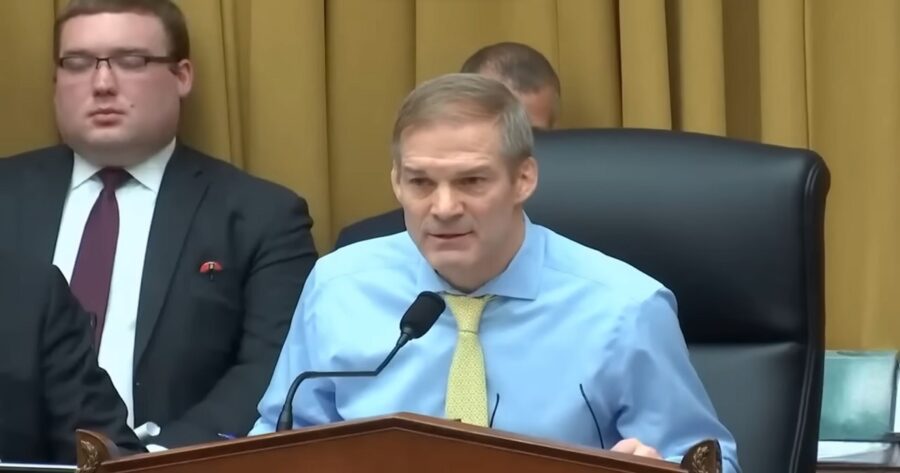Congressional hearings in the United States and House of Commons Committee hearings in Canada are important mechanisms for politicians to gather information and hold government officials and private individuals accountable. However, these hearings have become increasingly politicized in recent years, with politicians using their time to ridicule and demean individuals who volunteer to attend rather than engage in meaningful dialogue.
This trend is disingenuous and problematic because politicians are asking questions that do not solicit dialogue or encourage critical thinking. Instead, they ask “yes or no” questions designed to score political points and reinforce their preconceived notions.
The public has a right to expect their elected officials to ask tough questions of government officials and private individuals. These questions should be designed to elicit thoughtful and detailed responses that shed light on important issues facing the country. However, when politicians use their time to mock and belittle witnesses, they undermine the credibility of the political process and diminish the value of the hearings.
At the heart of this issue is the question of accountability. Politicians who engage in political bullying during hearings fail to hold themselves accountable for their actions. Instead of engaging in thoughtful dialogue, they are using their position of power to intimidate and bully individuals who are often not in a position to push back.
Furthermore, this trend has a chilling effect on public participation in the political process. When people see politicians using their time to ridicule and demean witnesses, they may be less likely to volunteer to attend hearings or to engage in the political process more generally. This undermines the principle of democratic participation and makes it more difficult for elected officials to represent the interests of their constituents.
One possible explanation for this trend is the increasing polarization of politics in both the United States and Canada. Politicians becoming more ideologically entrenched may see their role as one of combat rather than dialogue. This can lead to a situation where politicians are more interested in scoring points than in engaging in meaningful debate.
Another possible explanation is the media environment in which politicians operate. In the age of social media and 24-hour news cycles, politicians may feel pressure to make dramatic and attention-grabbing statements in order to generate headlines and attract followers. This can lead to a situation where politicians are more interested in making a splash than in engaging in serious policy discussions.
Whatever the explanation, it is clear that this trend is detrimental to the political process. If politicians are serious about holding government officials and private individuals accountable, they need to engage in thoughtful dialogue that solicits detailed and nuanced responses.
One possible solution is to change the format of hearings. Rather than allowing politicians to engage in lengthy monologues or to ask “yes or no” questions, witnesses should be given more time to respond to questions and engage in dialogue with politicians. This would allow for a more productive and substantive discussion of important issues.
Another solution is for politicians to hold themselves accountable for their actions. They should recognize that their behaviour during hearings sets the tone for the entire political process. If they engage in political bullying, they cannot expect their constituents to take them seriously or to trust that they have their best interests at heart.









